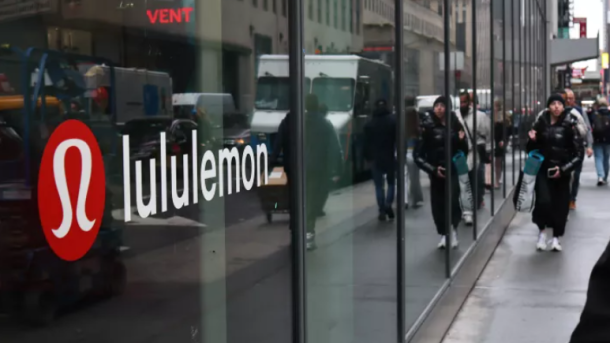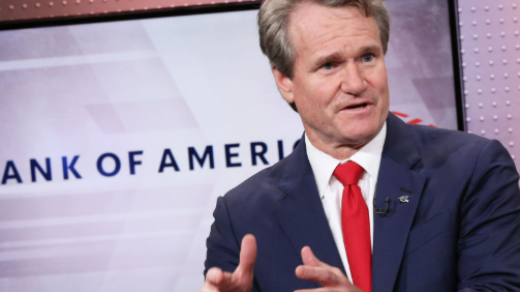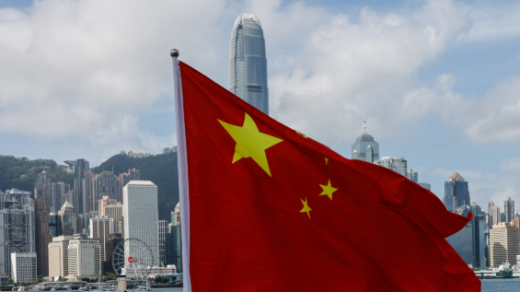Reciprocal Tariffs have significantly impacted the retail sector, creating challenges that companies are struggling to navigate. With these broad import taxes, even the most flexible businesses are finding it difficult to secure goods without paying hefty duties. Analysts from Oppenheimer warned that these tariffs will affect profits, and when passed on to consumers, they could cause a noticeable dip in sales. For businesses selling more non-essential items, the situation is as unpredictable as it was in the early days of the COVID-19 pandemic.
Despite the uncertainty surrounding how consumers will react to these price increases, it is already influencing the stock market. Retailers tracked by Oppenheimer’s consumer growth team saw a 6% drop in their stock values, highlighting investor concerns. Even the SPDR S&P Retail ETF (XRT) barely saw a gain in recent trading.

Reciprocal Tariffs Impact on Major Retailers
A significant portion of costs for major brands like Lululemon (LULU) and Nike (NKE) originates in Asian countries that are now subject to these tariffs. Lululemon’s cost of goods sold (COGS) includes 86% of imports from this region, while Nike relies on 78%. Similarly, other big retailers like Dick’s Sporting Goods (DKS) and Best Buy (BBY) are heavily exposed to foreign goods, despite sourcing them through domestic suppliers.
In contrast, furniture maker LoveSac (LOVE) has already shifted some production out of China due to previous tariffs. However, with 50% of their COGS now sourced from Vietnam, they could still face the new 46% tariff. Even companies like Home Depot (HD) and Lowe’s (LOW), which are less reliant on imports, still import about 40% of their products.
Retailers’ Strategies to Combat Reciprocal Tariffs
In response to the mounting pressure from Reciprocal Tariffs, retailers are exploring new strategies to adjust to these economic conditions. From adjusting pricing models to diversifying their supply chains, companies are working hard to maintain profitability. Discount retailers and companies that specialize in consumer staples are emerging as safer bets for investors looking to avoid the negative impact of rising prices and slower economic growth.
Source: www.investopedia.com



